Jordan has reacted vigorously to the spread of the pandemic virus. The country faces a very difficult challenge in managing the health crisis and the economic impact given its dependence on foreign subsidies and tourism. The regional and global environment is also unfavorable.
This week Jordan banned public worshiping in mosques for the holy month of Ramadan, which begins next week. On March 20, the government imposed a 24-hour curfew, which has since been relaxed a bit to make purchasing food easier, but there is still a lockdown on most activities. The army was deployed initially to enforce the curfew, and the government is distributing free bread and other essentials to the most in need.
Jordan’s economy has been stagnant for the last decade and more. Per capita income measured in purchasing power declined from $9,471 in 2009 to $9,241 in 2017. Youth unemployment rose from 28% in 2014 to 34% in 2019. Widespread protests over the economy were prevalent before the virus crisis. The International Monetary Fund has given Jordan $1.3 billion in assistance designed to structurally reform the economy while helping with the virus.
Jordan has long suffered from a weak economy. It has few natural resources. It has been hit with waves of refugees from the Palestinian territories, Iraq, and most recently Syria. Large Syrian refugee camps exist along the border. The refugee camps built after the 1967 war with Israel have turned into urban slums, which are particularly vulnerable to the virus.
Jordan has developed a thriving tourism business in the last few decades. Last year, five million foreign tourists visited the country, producing jobs especially in the historically poor south of the country. Now, its tourism crown jewel — Petra — is closed to tourists. There is little chance of a revival in the industry until the pandemic is past.
Foreign aid has been crucial to the government’s finances since Winston Churchill created Transjordan in 1921. King Hussein and now King Abdullah have been adept at finding assistance. With global oil demand at record lows, the Gulf states are less likely to assist their fellow monarch now than in the past. Saudi Crown Prince Mohammed bin Salman and King Abdullah are not close, Jordan did not join the boycott of Qatar and withdrew from the Yemen war long ago. U.S. assistance to Jordan in 2019 totaled $1.2 billion, and there are 3,000 American troops in the country. Military and intelligence cooperation are vigorous despite strains in the political relationship.
The Trump administration has been cool to Abdullah from the start, basically ignoring his advice for its Israel-Palestinian “peace plan,” and encouraging Israel to annex the Jordan River Valley. Amman is unlikely to get help from Washington. The Europeans, meanwhile, face their own pandemic crisis.
King Abdullah, 58, is closely watching the formation of a new government in Israel. Like his father, he has a deep-rooted antagonism for Benjamin Netanyahu. The annexation of the Jordan Valley is certain to create a crisis between the two countries. The Israeli-Jordan peace treaty is very unpopular in Jordan: The government avoided any public events during the 25th anniversary of the treaty last year, fearing they would turn violent.
Jordan’s Hashemites are proven survivors. The country has been spared from the violence that has wracked Syria and Iraq for the last decade. Terrorism has hit Jordan and remains a serious threat, but it has not consumed the country. The pandemic is an unprecedented game changer, however, with no end in sight.
The Brookings Institution is committed to quality, independence, and impact.
We are supported by a diverse array of funders. In line with our values and policies, each Brookings publication represents the sole views of its author(s).


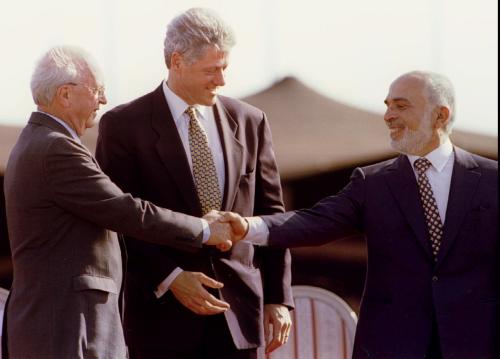
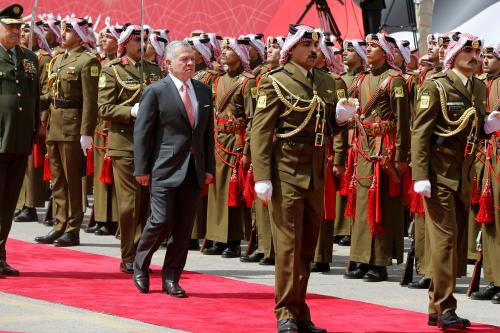

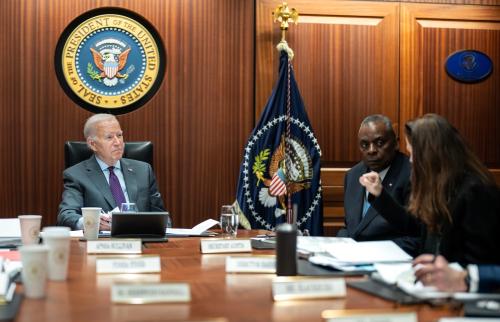
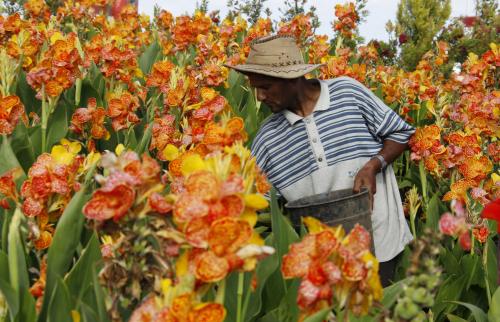
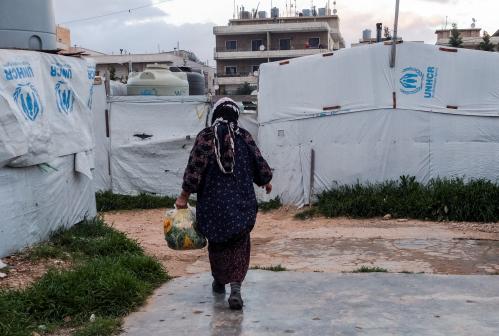
Commentary
Jordan’s unique coronavirus challenge
April 16, 2020